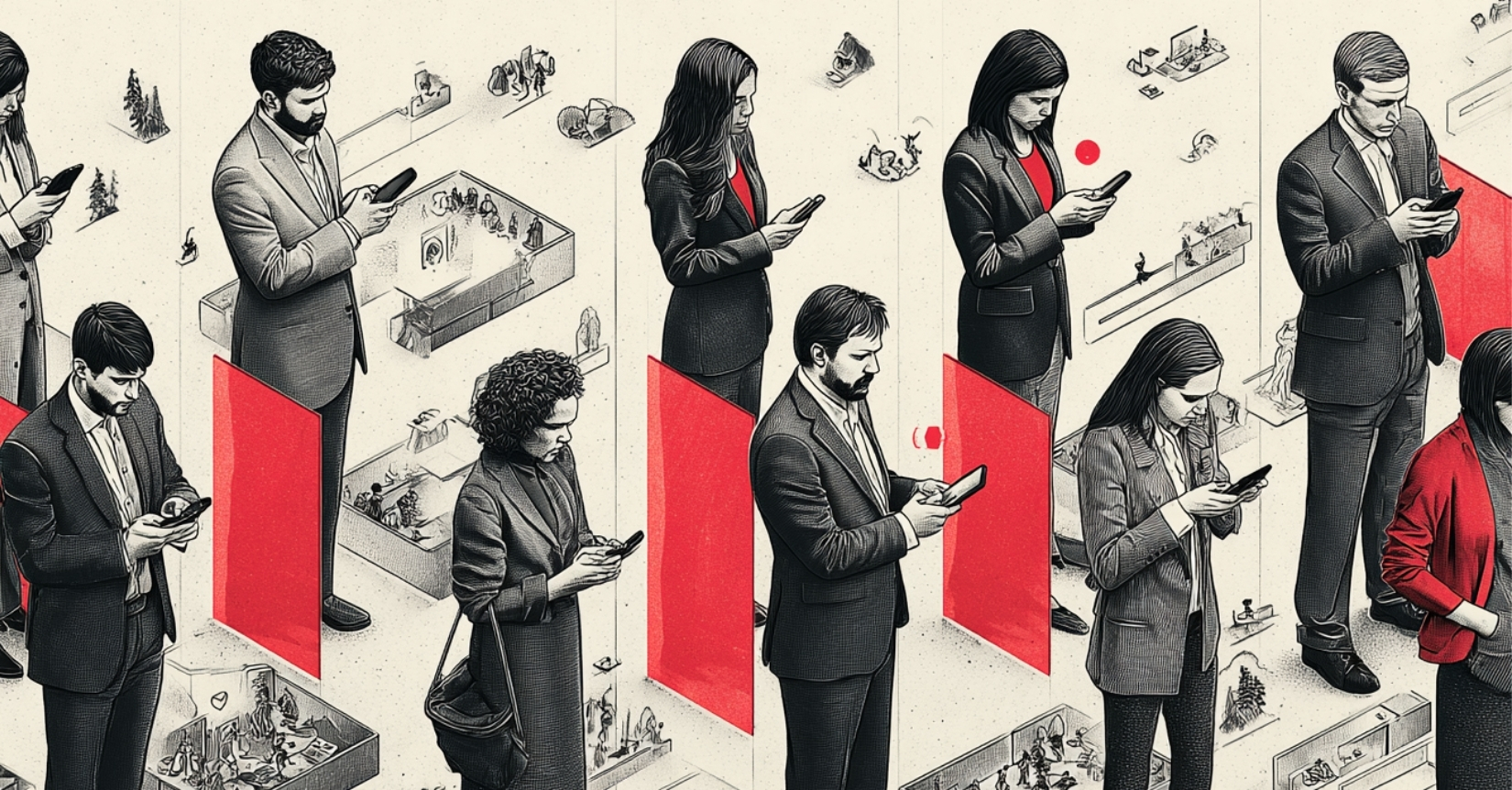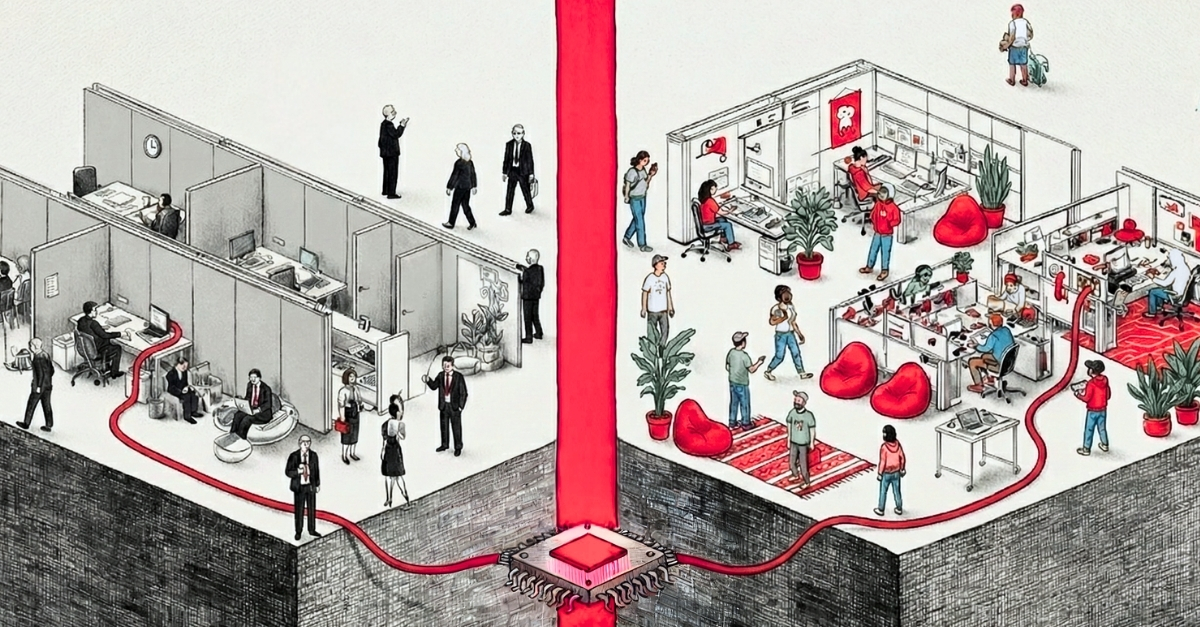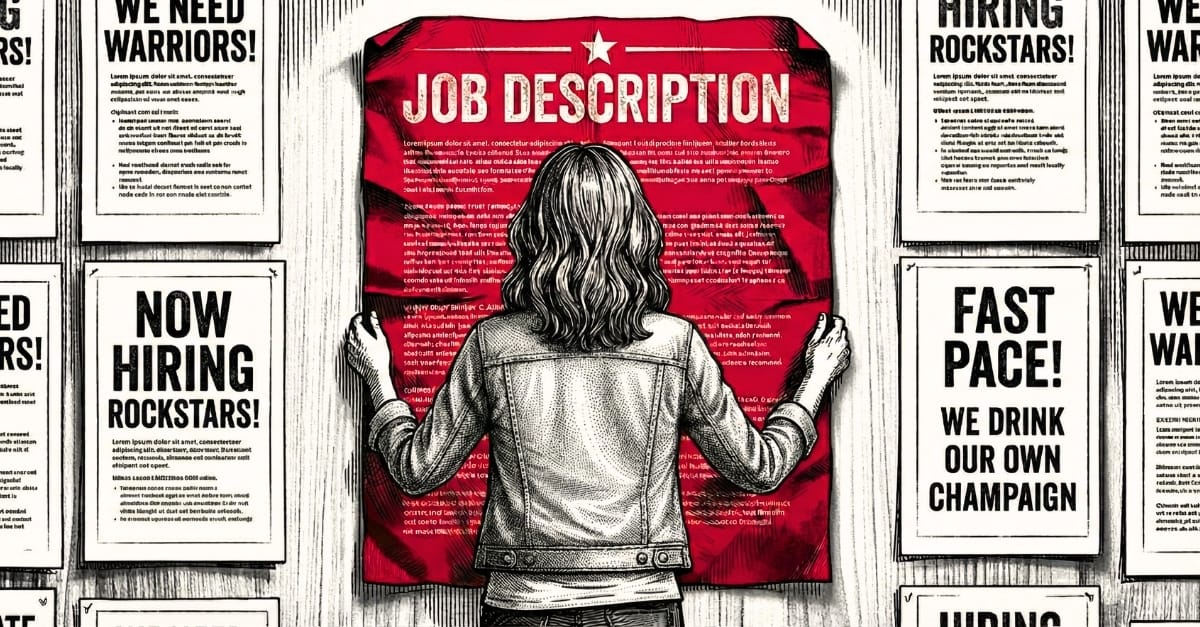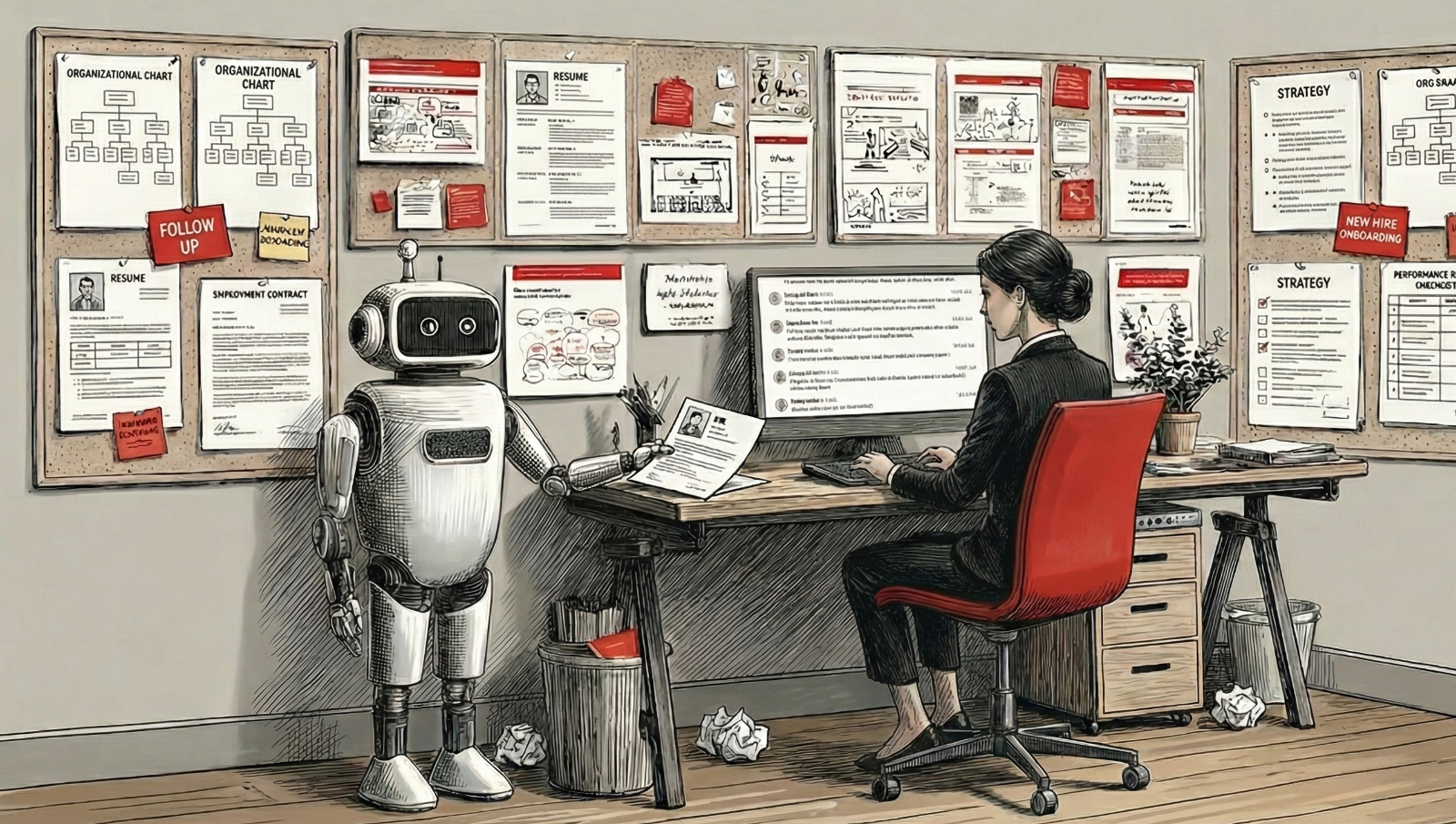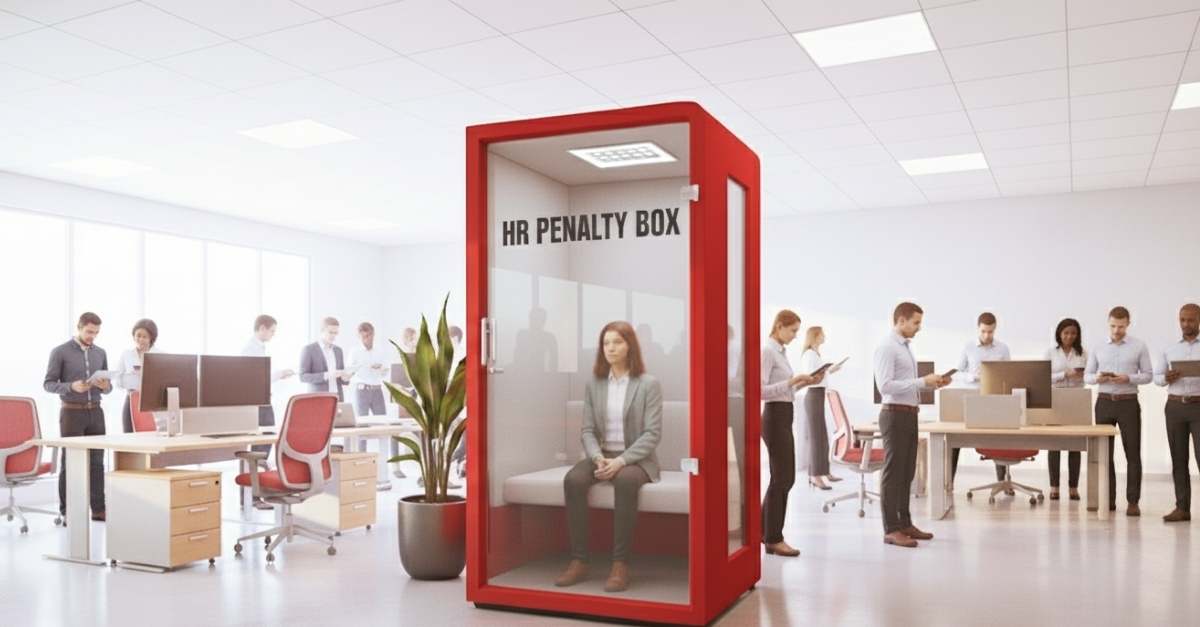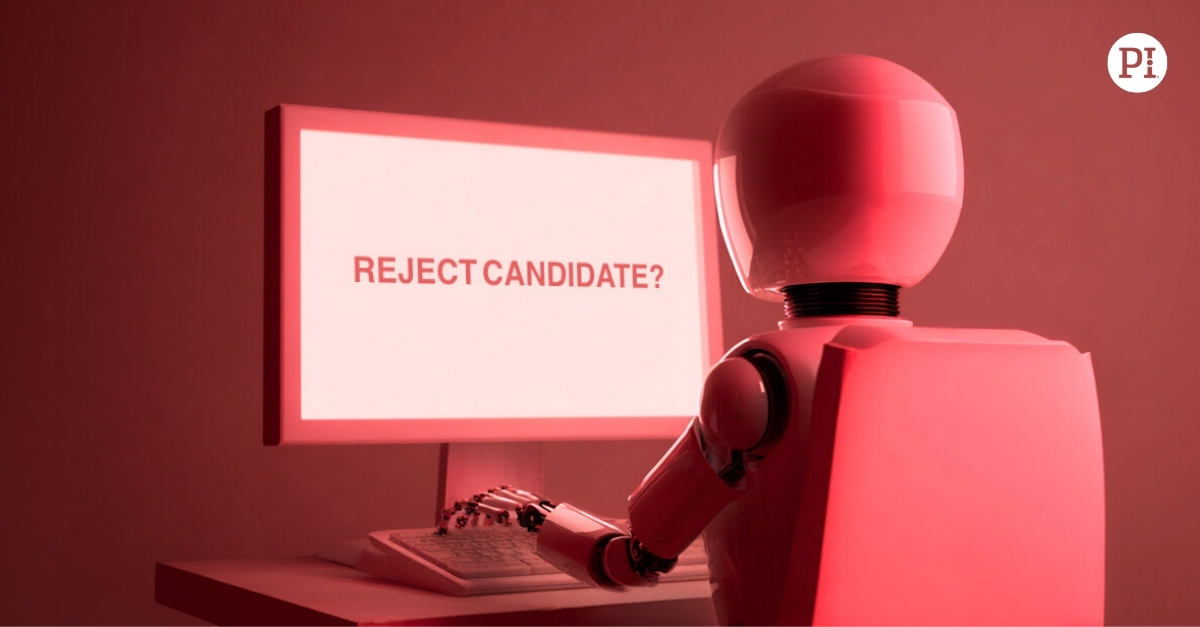Generative AI is redefining the modern workplace at a pace unseen since the advent of the internet itself. The potential use cases are limitless, but full-speed-ahead innovation has a human cost, often in the form of uncertainty and apprehension among employees.
This is precisely where Human Resources steps in, not just as a support function, but as the critical bridge ensuring a successful and humane transition into its organization’s AI era. We surveyed more than 1,000 employees and HR professionals about AI rollouts, training, concerns, and upskilling. One theme emerged above all else: HR teams are indispensable to navigating the human impact of AI adoption.

This is HR’s moment to emphasize people strategy.
Check out our latest eBook – HR’s playbook for the AI era – and help ensure the human impact of AI rollout isn’t overlooked.
Providing a human touch
When AI adoption is driven solely by the IT department or the C-Suite, the human element can be easily overshadowed. The “speed-over-everything” approach often leads to a deficit of trust, clarity, and crucial employee buy-in. The consequences can be severe, ranging from a trail of frustrated employees to an avalanche of AI slop that negates any potential productivity gains.
This is where HR’s people-first approach becomes invaluable. HR professionals are uniquely positioned to provide comfort, clarity, and direction, actively shaping an AI strategy that is both measurable through people data and grounded in human needs.
We’ve identified five key areas of concentration for HR teams hoping to shield their teams from breakneck AI adoption strategies, and instead looking to instill elements of people strategy.
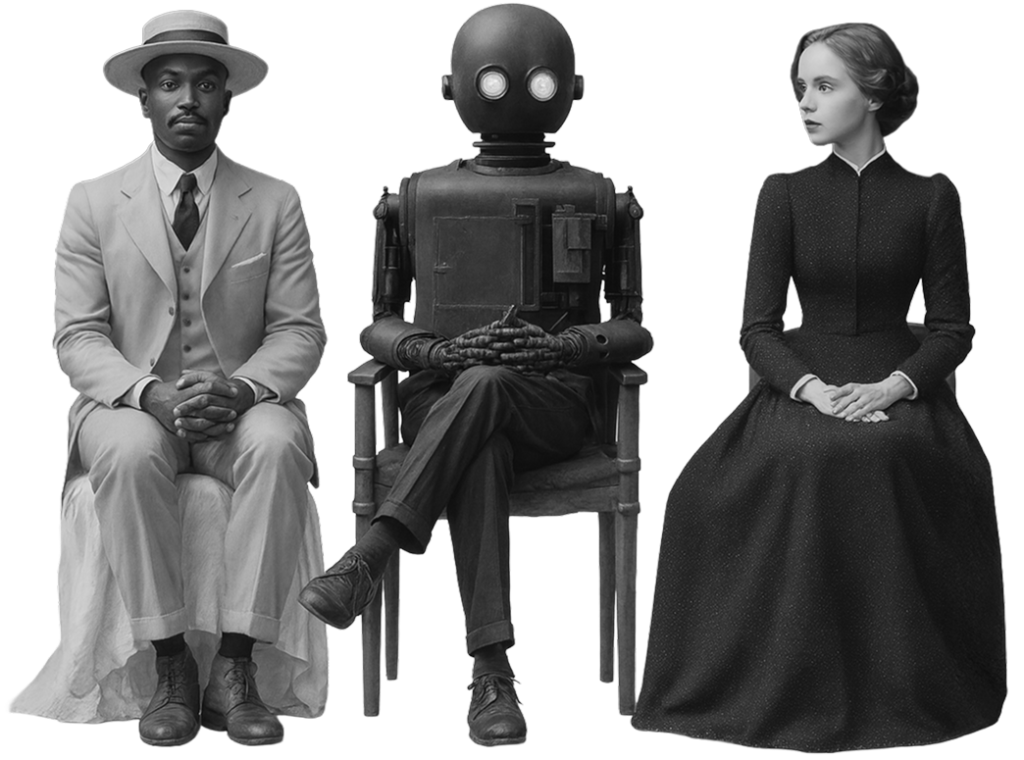
HR’s five-point playbook for smooth AI rollouts
Our research identified five key themes that empower HR to lead a balanced, people-first approach to AI adoption:
- Satisfy employees’ appetite for AI upskilling. Despite the fear of the unknown that comes with any innovation, many employees are optimistic about AI’s professional development potential. Over 70% of our respondents expressed a positive mindset towards AI’s ability to eager to enhance their skill sets. HR can capitalize on this by crafting thoughtful, even customized, professional development plans for AI use. By using behavioral data to understand individual learning paces, HR can foster a culture of “upskilling together.”
- Focus on training and trust-building over job security assurances: In a rapidly changing landscape, employees understand the need to adapt. Interestingly, “more training opportunities” topped the list of changes that would make employees feel more secure in their roles, even ahead of explicit job security reassurances. Transparency in communication – outlining how roles may be impacted or adjusted – will earn more long-term trust, even if the initial reception is mixed.
- Offer information and resources ahead of any expertise: Employees overwhelmingly trust HR and their immediate peers as their most credible sources for AI information. This presents a vital opportunity for HR to act as key advisors, guiding employee understanding and experience without needing to be the technical experts. Creating open forums for discussion, inviting discourse and skepticism, to promote psychological safety and level the playing field for everyone, from the CEO to the newest hire.
- Prioritize a cautious approach to adoption: A majority (61%) of respondents favored a cautious approach to AI adoption. This preference for thoughtful, measured guidance over rushed rollouts serves a clear mandate for HR. By collaborating closely with IT and security teams, HR can establish essential guardrails—defining AI’s purpose, scope, acceptable use, and data safety protocols—without stifling ambition.
- Lean into AI’s potential as a cultural enhancer – rather than a divider: Despite some underlying anxieties, an optimistic 67% of employees believe AI has the potential to strengthen company culture. This optimism, however, is contingent on HR’s instrumental role in actively cultivating cultural improvement. By underscoring that AI is not a disruptive monolith, but an enhancement already present in everyday work, HR can normalize its integration and amplify cultural strengths.
HR’s moment to shine
This is a pivotal moment for the modern workplace and for HR. Accelerated AI adoption presents a crossroads for workers, but it also offers HR a profound opportunity to permanently shift the perception of its function from tactical to strategic. By adopting a careful, risk-aware approach to integration, coupled with a transparency-first communication strategy, HR can empower people to leverage AI’s potential while providing crucial human checks and balances.
In doing so, HR teams will not just salvage culture; they will amplify its strengths, fostering an environment where innovation thrives, and people remain at the heart of progress. HR is indeed the unsung hero, ready to manifest a mindset shift and lead companies into a future where AI and humanity work in powerful, productive harmony.
